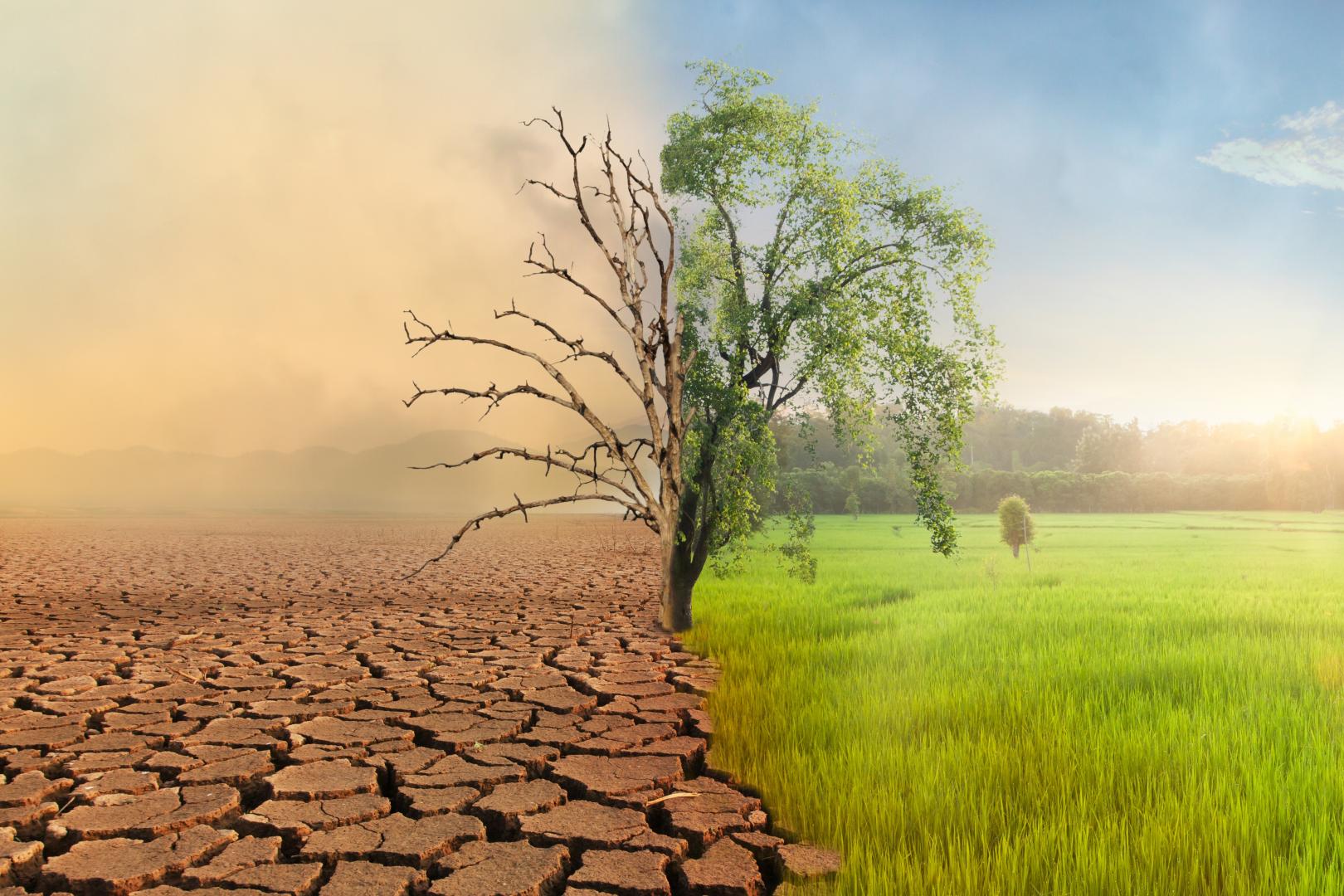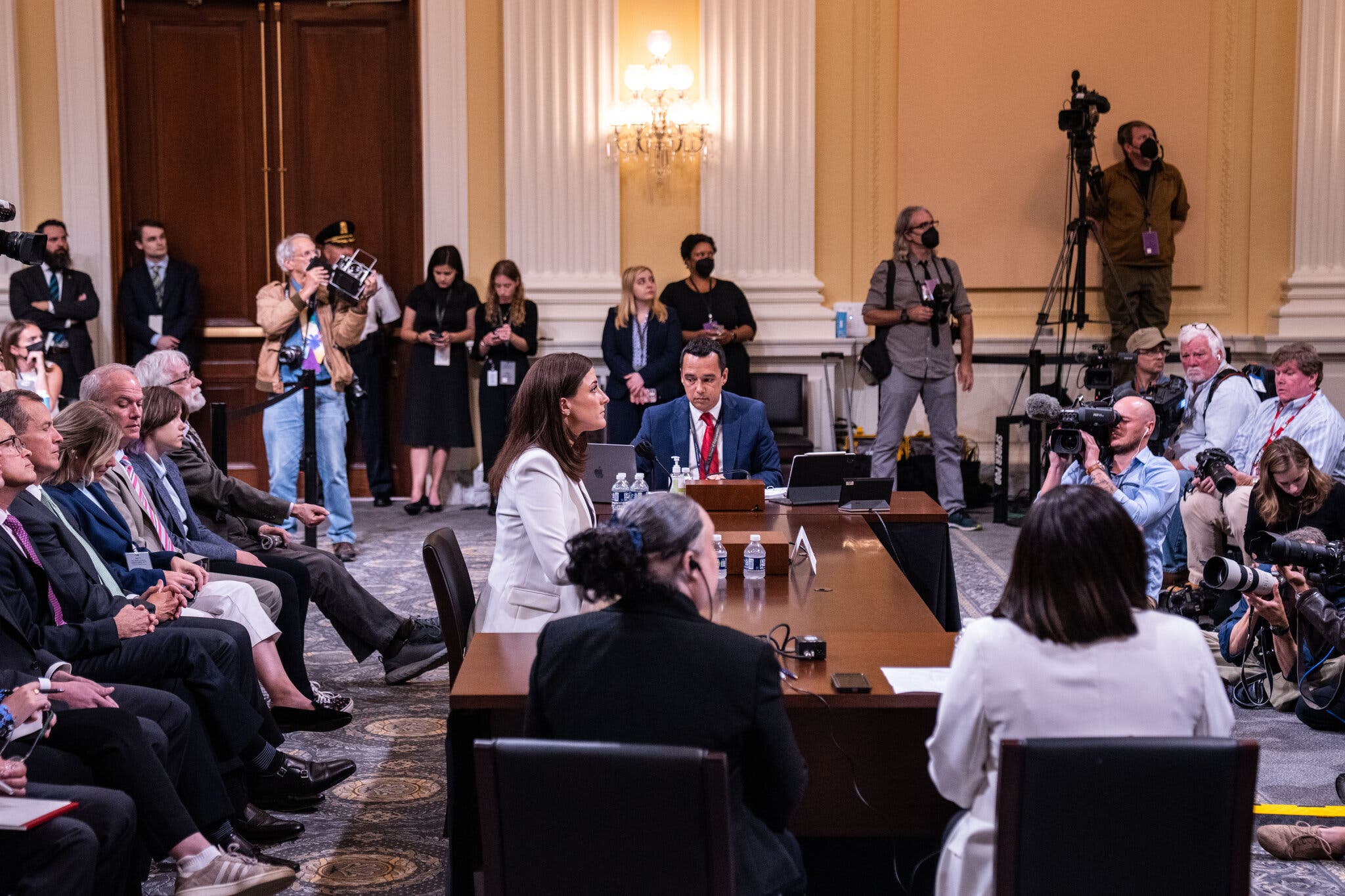Climate Change And Africa's Workforce: Adapting To The Green Transition

Table of Contents
The Impacts of Climate Change on African Employment
Climate change is not just an environmental issue; it's a profound socio-economic crisis, deeply affecting livelihoods across Africa. The consequences are far-reaching, impacting employment across various sectors and exacerbating existing inequalities.
Agricultural Sector Vulnerability
Africa's economy heavily relies on agriculture, employing a significant portion of its population. Changing weather patterns, including prolonged droughts and devastating floods, are severely impacting agricultural productivity and food security. Regions like the Sahel are experiencing desertification, rendering vast swathes of land unproductive. Key crops such as maize, sorghum, and millet, vital for food security, are suffering drastically reduced yields. This leads to:
- Loss of livelihoods: Millions of farmers are losing their income and facing extreme poverty.
- Increased food insecurity: Food shortages are escalating, leading to malnutrition and hunger.
- Mass migration: Climate refugees are forced to leave their homes in search of sustenance and opportunities, creating further strain on already vulnerable communities.
- Conflict over resources: Scarcity of water and arable land is leading to increased tensions and conflicts between communities.
Increased Frequency of Extreme Weather Events and Job Losses
The increased frequency and intensity of extreme weather events, such as cyclones, floods, and intense heatwaves, inflict significant damage on infrastructure and disrupt various industries, resulting in substantial job losses. The tourism sector, a significant contributor to many African economies, is particularly vulnerable to extreme weather events. Construction and transportation sectors are also significantly affected:
- Damage to infrastructure: Roads, bridges, and other essential infrastructure are destroyed, disrupting supply chains and hindering economic activity.
- Business interruption: Businesses are forced to close temporarily or permanently, leading to job losses and economic downturn.
- Loss of tourism revenue: Extreme weather events deter tourists, leading to significant losses for the hospitality and tourism sectors.
- Health impacts: Extreme heat and increased disease outbreaks reduce worker productivity and increase healthcare costs.
Water Scarcity and its Impact on Employment
Water scarcity is another significant challenge exacerbated by climate change, impacting various sectors and threatening employment opportunities. Reduced water availability severely impacts agriculture, leading to lower crop yields and livestock losses. Manufacturing industries heavily reliant on water are also affected, facing production disruptions and job losses. This leads to:
- Reduced agricultural yields: Water stress limits crop growth, impacting food production and farmers' incomes.
- Water-intensive industries affected: Industries like textiles, brewing, and food processing face production challenges and potential job losses.
- Health consequences: Lack of access to clean water and sanitation leads to increased waterborne diseases and reduced worker productivity.
Opportunities for Green Jobs and Workforce Development
While the impacts of climate change are significant, the transition to a green economy also presents substantial opportunities for job creation and workforce development in Africa. Investing in green sectors can create a more sustainable and resilient economy, providing new employment opportunities for millions.
Renewable Energy Sector Growth
Africa has immense potential for renewable energy development. Solar, wind, geothermal, and hydropower resources are abundant, creating opportunities for job creation in various sectors:
- Solar panel installation: A rapidly growing sector requiring skilled technicians for installation and maintenance.
- Wind turbine maintenance: Jobs in the operation and maintenance of wind farms.
- Grid modernization: Upgrading energy grids to accommodate renewable energy sources.
- Energy efficiency improvements: Jobs in building retrofits and energy-efficient technology implementation.
Climate-Smart Agriculture and Sustainable Farming Practices
Adopting climate-smart agricultural practices can enhance food security and create new employment opportunities. This includes:
- Drought-resistant crops: Developing and cultivating crops that can withstand harsh climatic conditions.
- Efficient irrigation techniques: Implementing water-saving irrigation methods to optimize water use.
- Precision farming: Using technology to optimize resource use and improve crop yields.
- Sustainable land management: Implementing practices to improve soil health and reduce land degradation.
Ecosystem Restoration and Conservation
Investing in ecosystem restoration and conservation initiatives can create jobs while protecting biodiversity and mitigating climate change impacts. This includes:
- Reforestation efforts: Planting trees to restore degraded forests and sequester carbon.
- Wildlife conservation: Protecting endangered species and their habitats.
- Ecotourism: Developing sustainable tourism initiatives that benefit local communities and conserve natural resources.
- Sustainable forestry: Implementing sustainable forest management practices to ensure the long-term health of forests.
Strategies for Adapting to the Green Transition
A successful transition to a green economy requires strategic interventions focused on education, entrepreneurship, and social protection.
Investing in Education and Skills Development
Targeted training programs are crucial to equip the workforce with the skills needed for green jobs. This includes:
- Renewable energy training: Providing vocational training in solar panel installation, wind turbine maintenance, and other renewable energy technologies.
- Sustainable agriculture courses: Training farmers in climate-smart agriculture practices and sustainable farming techniques.
- Environmental management programs: Offering training in environmental management and conservation.
Promoting Entrepreneurship and Innovation
Supporting green entrepreneurship and innovation can unlock significant job creation potential. This requires:
- Support for green startups: Providing funding, mentorship, and incubation programs for green businesses.
- Access to finance: Ensuring access to affordable credit and financing for green businesses.
- Business incubators: Establishing business incubators and accelerators focused on green technologies and businesses.
- Technology transfer: Facilitating the transfer of green technologies to African countries.
Strengthening Social Protection Mechanisms
Social safety nets are vital to support workers displaced by climate change or the transition to a green economy. This includes:
- Unemployment benefits: Providing unemployment benefits to workers affected by job losses.
- Job placement services: Offering job placement and retraining services to help workers transition to new jobs.
- Social safety nets: Expanding social safety nets to provide support to vulnerable populations.
- Healthcare access: Ensuring access to affordable healthcare for all, particularly those affected by climate change.
Conclusion
The impact of Climate Change and Africa's Workforce is undeniable. However, by proactively addressing the challenges and seizing the opportunities presented by the green transition, Africa can build a more resilient and prosperous future. Investing in renewable energy, climate-smart agriculture, and ecosystem restoration can create millions of green jobs, while strengthening social protection mechanisms will safeguard vulnerable populations. We must support initiatives that foster education, entrepreneurship, and innovation in the green sector. Learn more about organizations working to mitigate the effects of climate change on African communities, advocate for policies that prioritize a just and equitable green transition, and consider how you can contribute to building a sustainable future for Africa’s workforce. The time for action is now. Let's work together to ensure a resilient and prosperous future for Africa’s workforce in the face of climate change.

Featured Posts
-
 Unexpected Return To Neighbours After 38 Years Murder Investigation
Apr 26, 2025
Unexpected Return To Neighbours After 38 Years Murder Investigation
Apr 26, 2025 -
 Paris Nice Jorgensons Successful Title Defense
Apr 26, 2025
Paris Nice Jorgensons Successful Title Defense
Apr 26, 2025 -
 80
Apr 26, 2025
80
Apr 26, 2025 -
 Jan 6 Hearing Witness Cassidy Hutchinson To Publish Memoir This Fall
Apr 26, 2025
Jan 6 Hearing Witness Cassidy Hutchinson To Publish Memoir This Fall
Apr 26, 2025 -
 Diminished Optimism Strategists Reassess European Stocks Following Trumps Trade Actions
Apr 26, 2025
Diminished Optimism Strategists Reassess European Stocks Following Trumps Trade Actions
Apr 26, 2025
